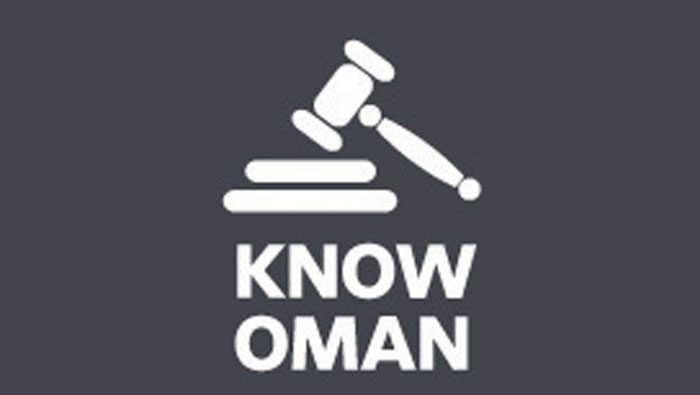
Oman has recently promulgated Royal Decree No. 78/2025, issuing the Law Combating Human Trafficking. This legislation repeals the 2008 framework and establishes a strengthened framework to address, prevent, and punish crimes of human trafficking in the Sultanate.
Speaking to the Times of Oman, Dr. Mohammed Ibrahim Al Zadjali, Founding Partner of Mohammed Ibrahim Law Firm, explained that “the new law provides a comprehensive definition of human trafficking, encompassing exploitation, slavery, forced labour, domestic servitude, organ removal, and sexual exploitation. The law expressly provides that a victim’s consent is irrelevant in cases where trafficking involves coercion, deception, abuse of vulnerability, or the exploitation of children or persons lacking full capacity.”
“A key safeguard within the legislation is its emphasis on protecting victims. They are exempted from liability for crimes arising directly from their exploitation, relieved from medical treatment costs and residency fines, and granted access to specialised shelters and rehabilitation services. These provisions ensure that victims are treated as rights-holders, not offenders,” he said.
Dr. Mohammed further highlighted the establishment of the National Committee for Combating Human Trafficking, under the Ministry of Foreign Affairs. “The Committee has been mandated to design national strategies, coordinate with international organisations, prepare specialised databases, and oversee victim reintegration programmes. It also submits periodic reports and recommendations to the Council of Ministers, ensuring the law remains dynamic and effective.”
On punishments, he clarified that “for general trafficking offences, the law provides for three to ten years imprisonment and fines between OMR5,000 and OMR100,000.
Where the offence involves children, persons of diminished capacity, multiple victims, abuse of authority, organised criminal groups, or cross-border activity, the penalty rises to seven to fifteen years imprisonment and fines between OMR10,000 and OMR100,000. In cases involving legal persons, fines range from OMR 10,000 to 100,000, and the court may also order suspension or dissolution of the entity.”
He concluded by stating that the new law represents a decisive step in Oman’s legal evolution, combining strict criminal accountability with strong victim protection. It reflects the Sultanate’s clear commitment to international standards and sends a strong message that human trafficking will be met with zero tolerance.
* (Mohammed Ibrahim Law Firm ([email protected]), (+968 244 87 600) was established 18 years ago and is serving clients through its offices in Muscat and Sohar, as well as operating on a request basis in other areas. It offers legal representation across a wide range of practice areas that include Labour Law, Corporate, Commercial, Contracts, Banking and Finance, International Trade, Foreign Investment, Insurance, Maritime Law, Construction and Engineering Contracts, International Arbitration, Intellectual Property and more).